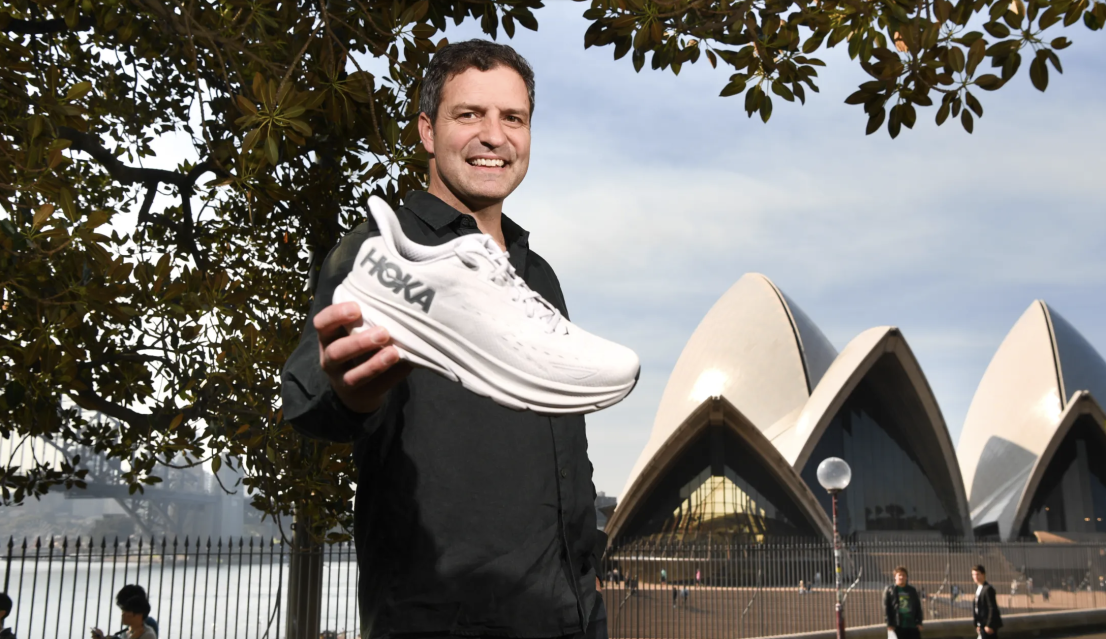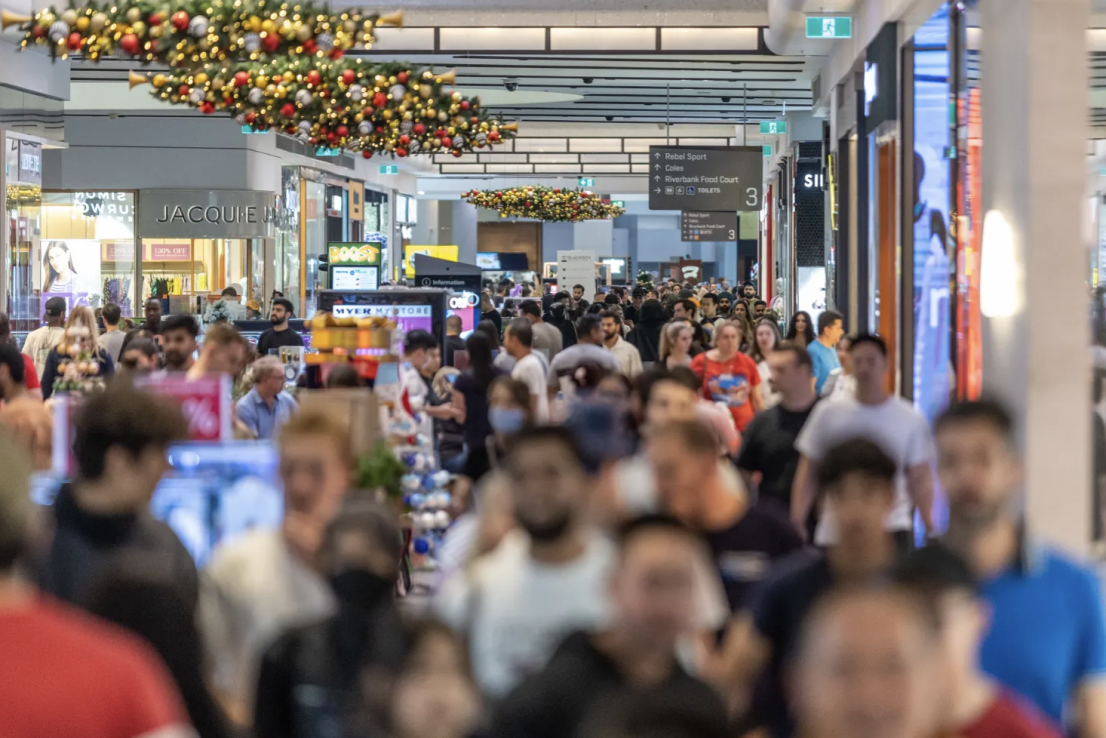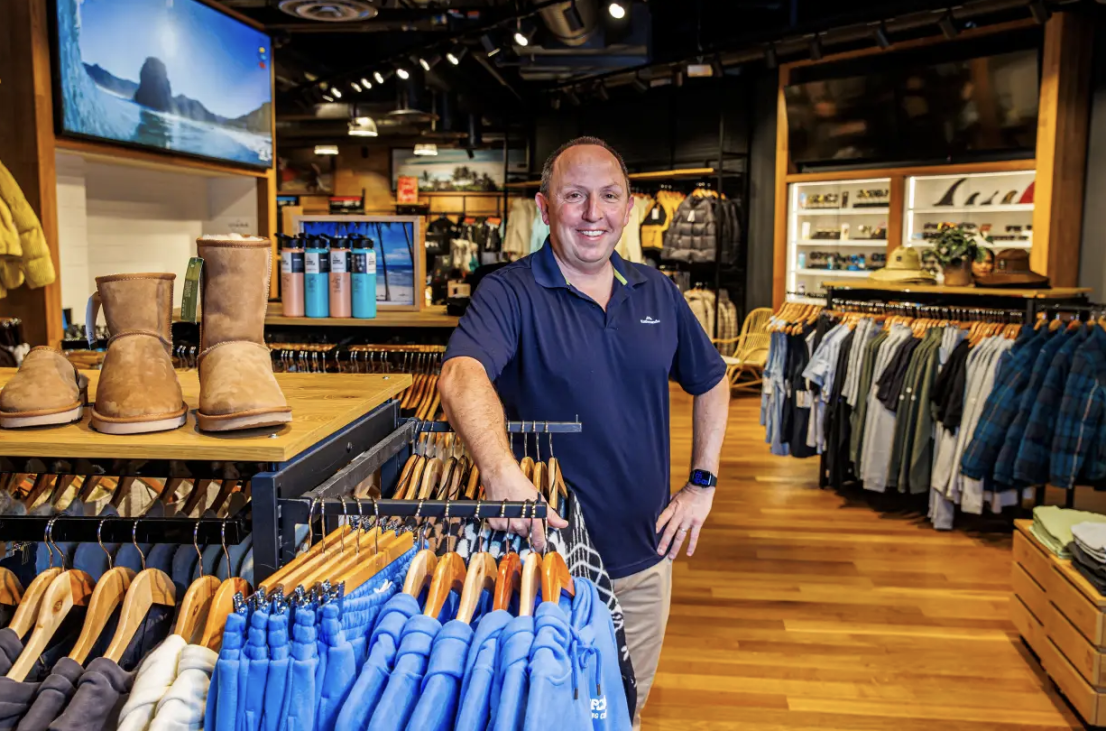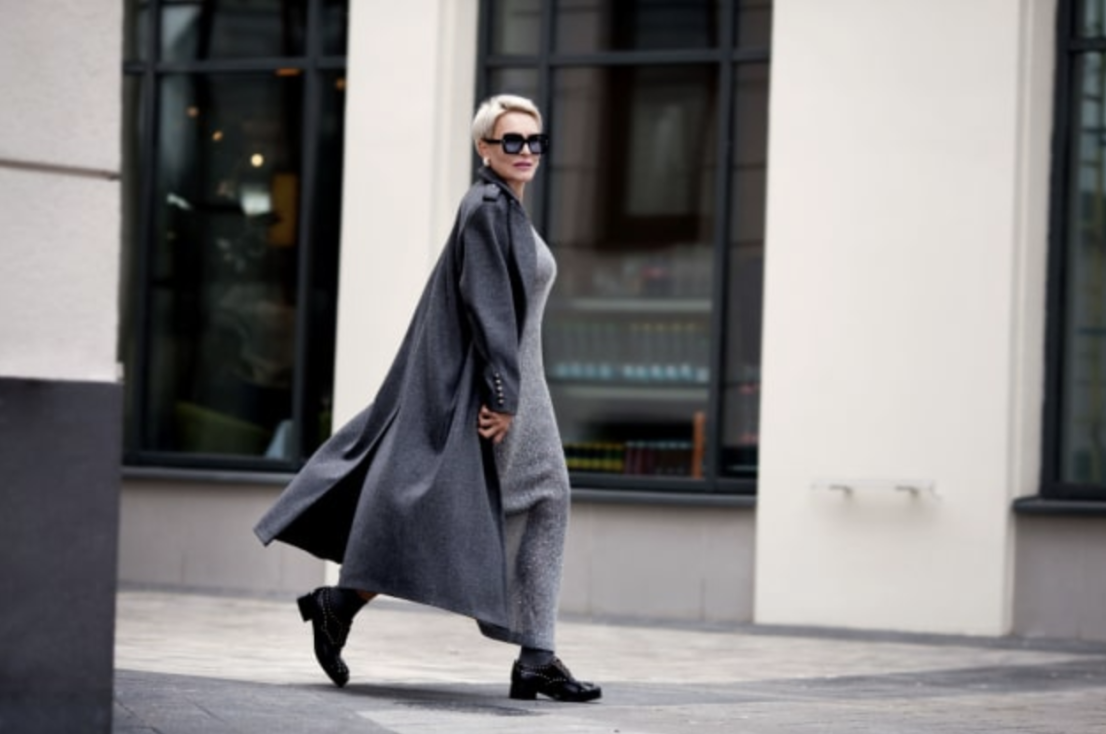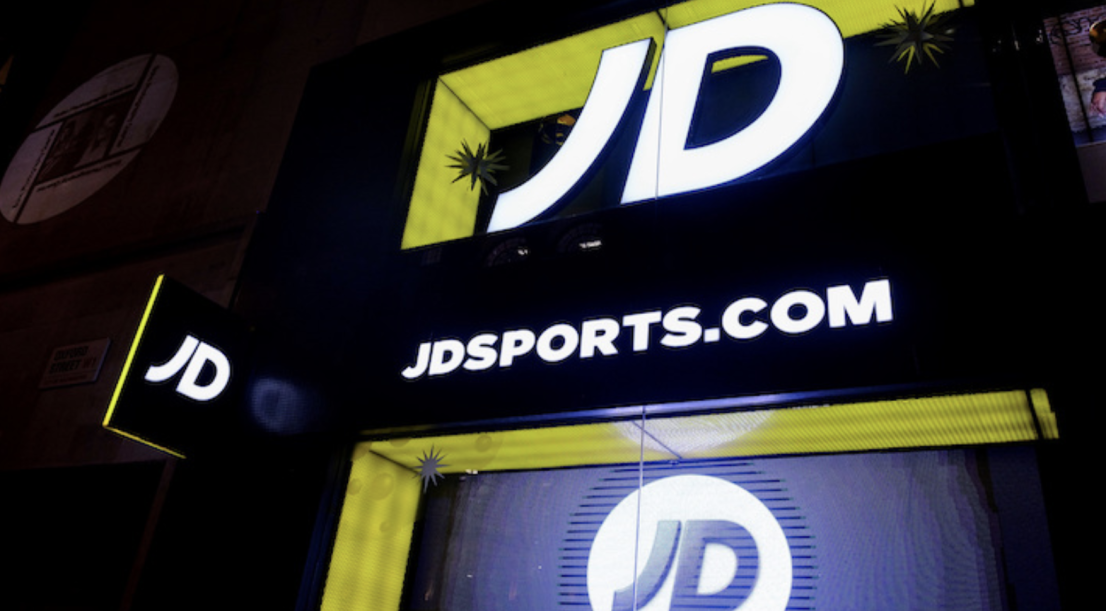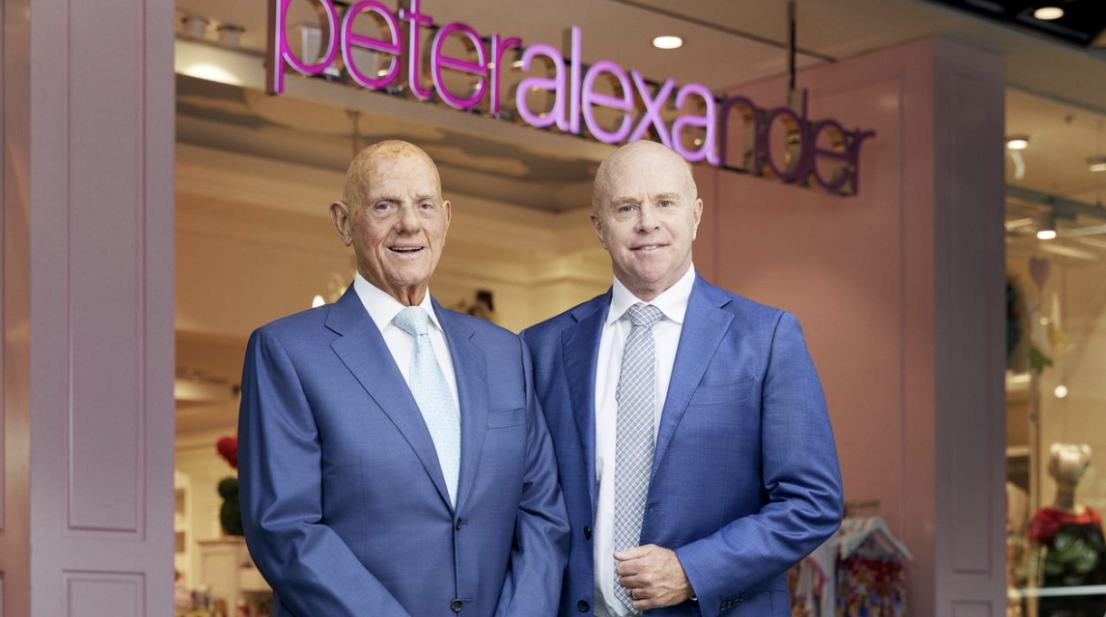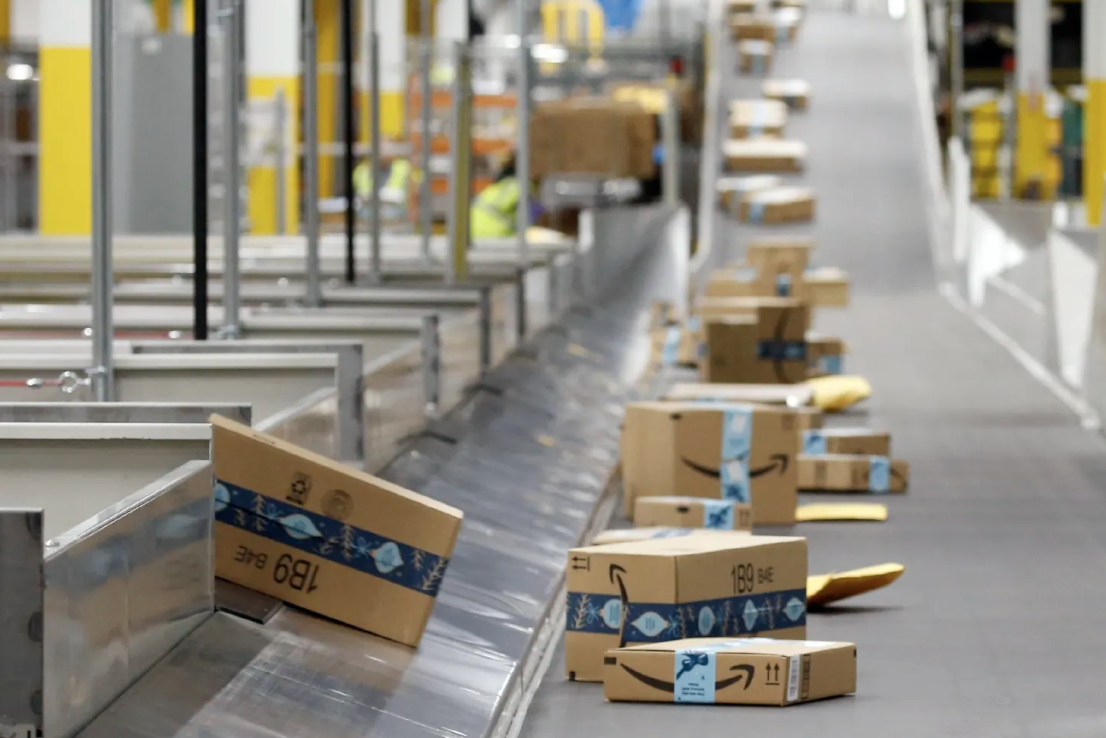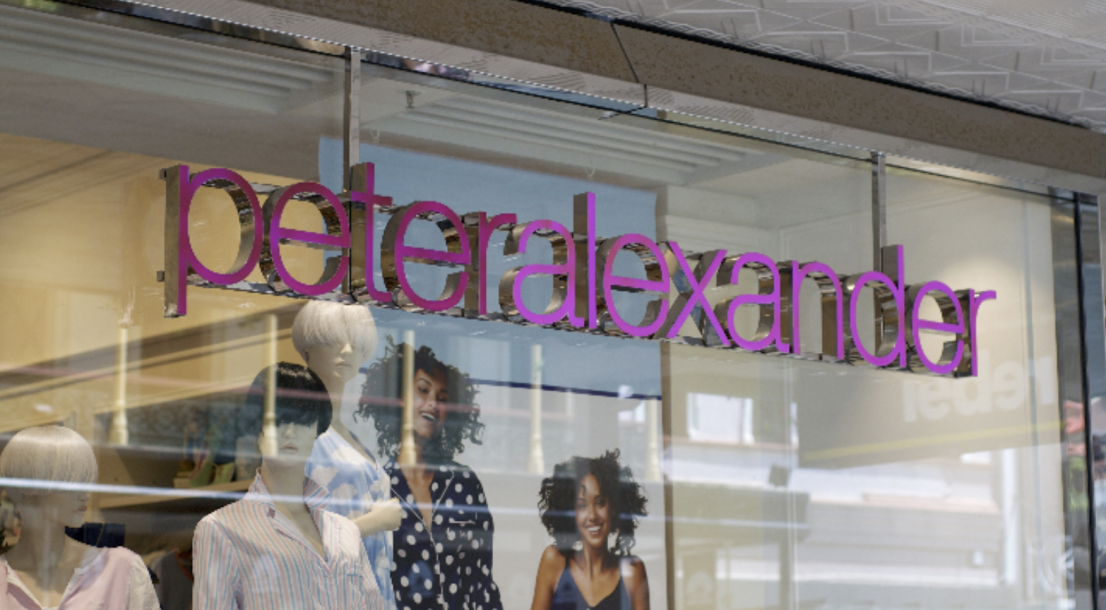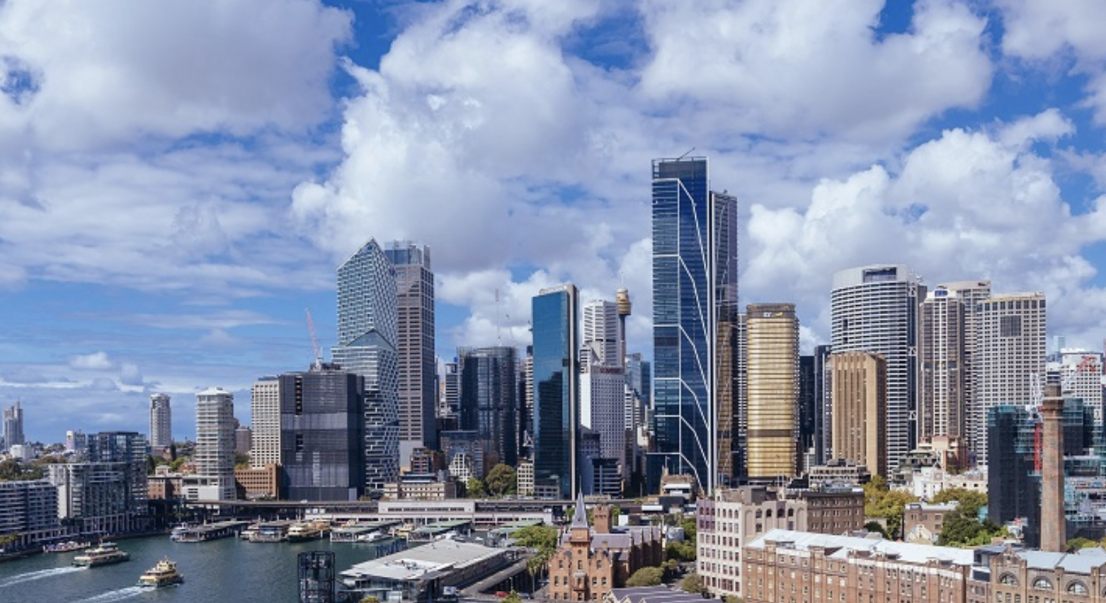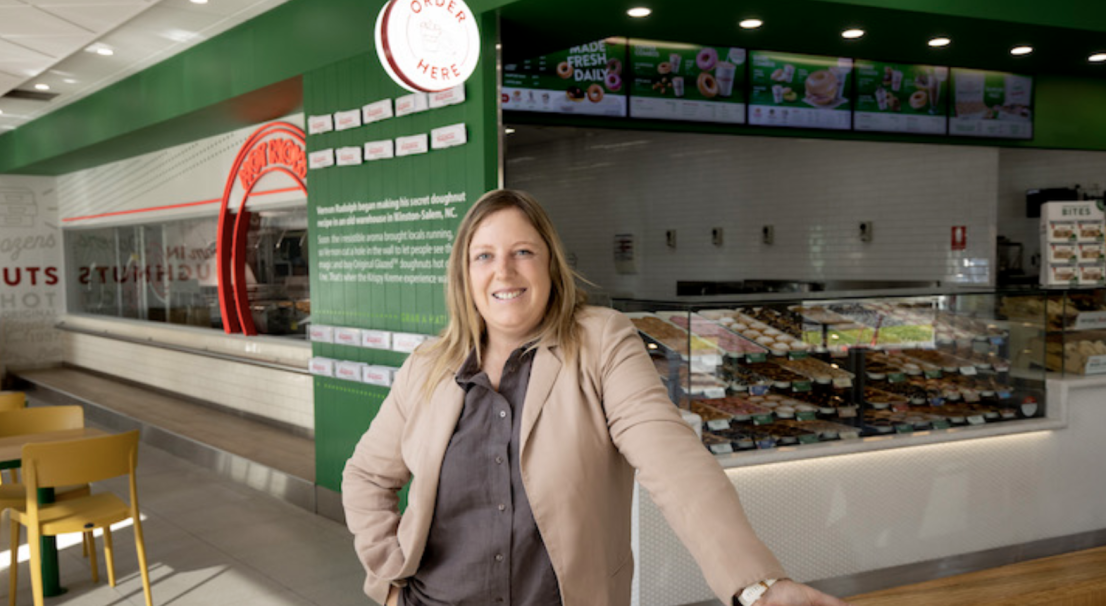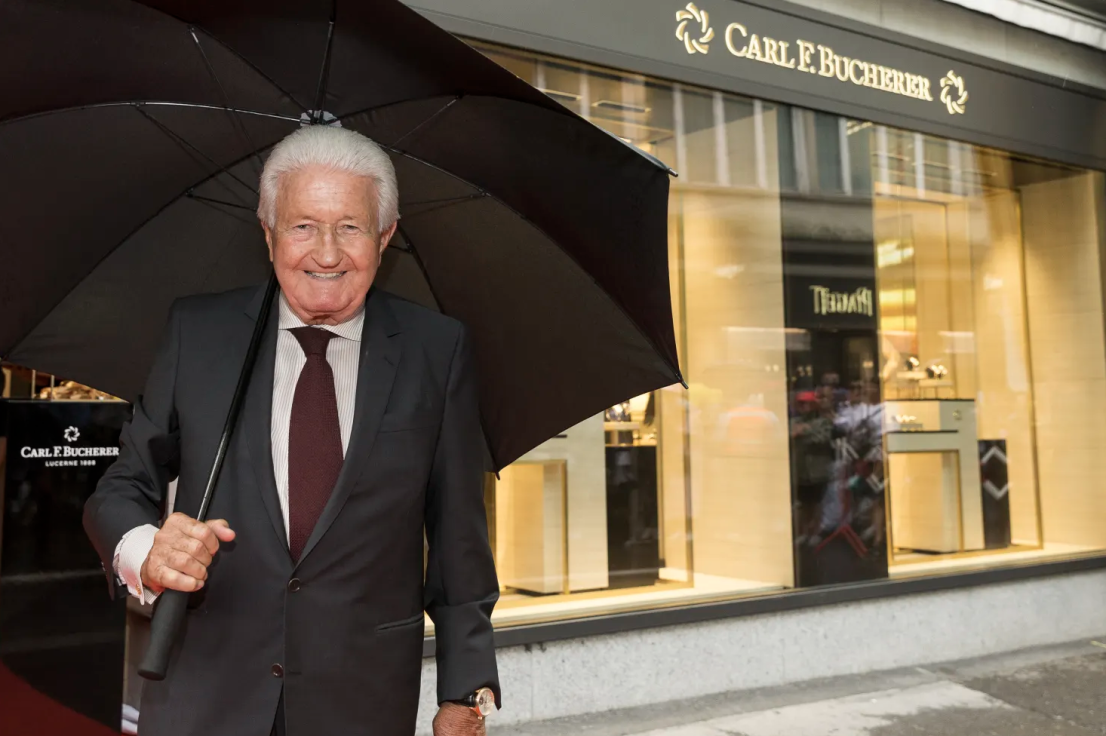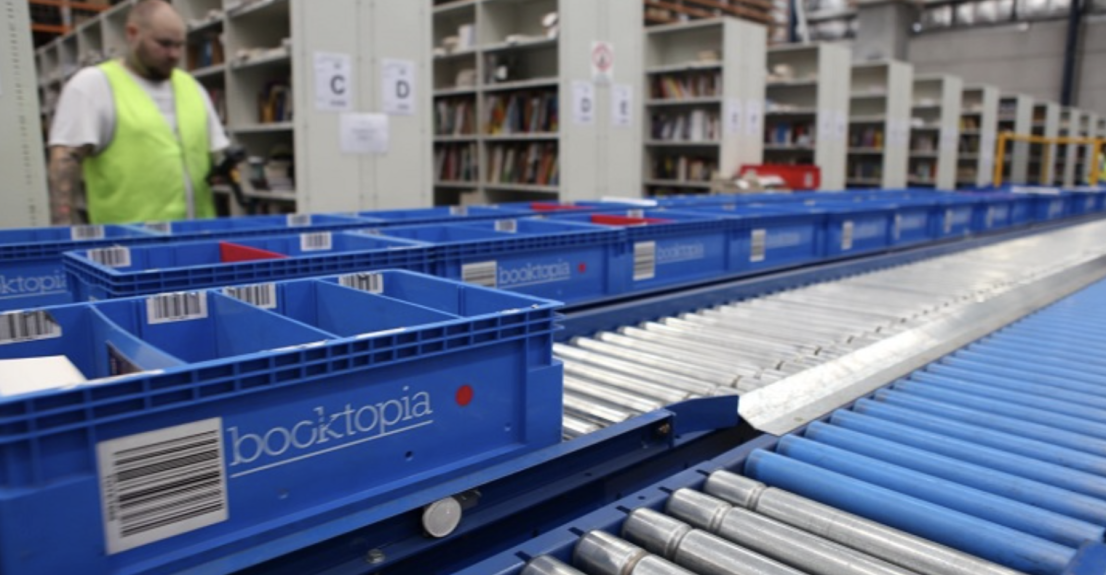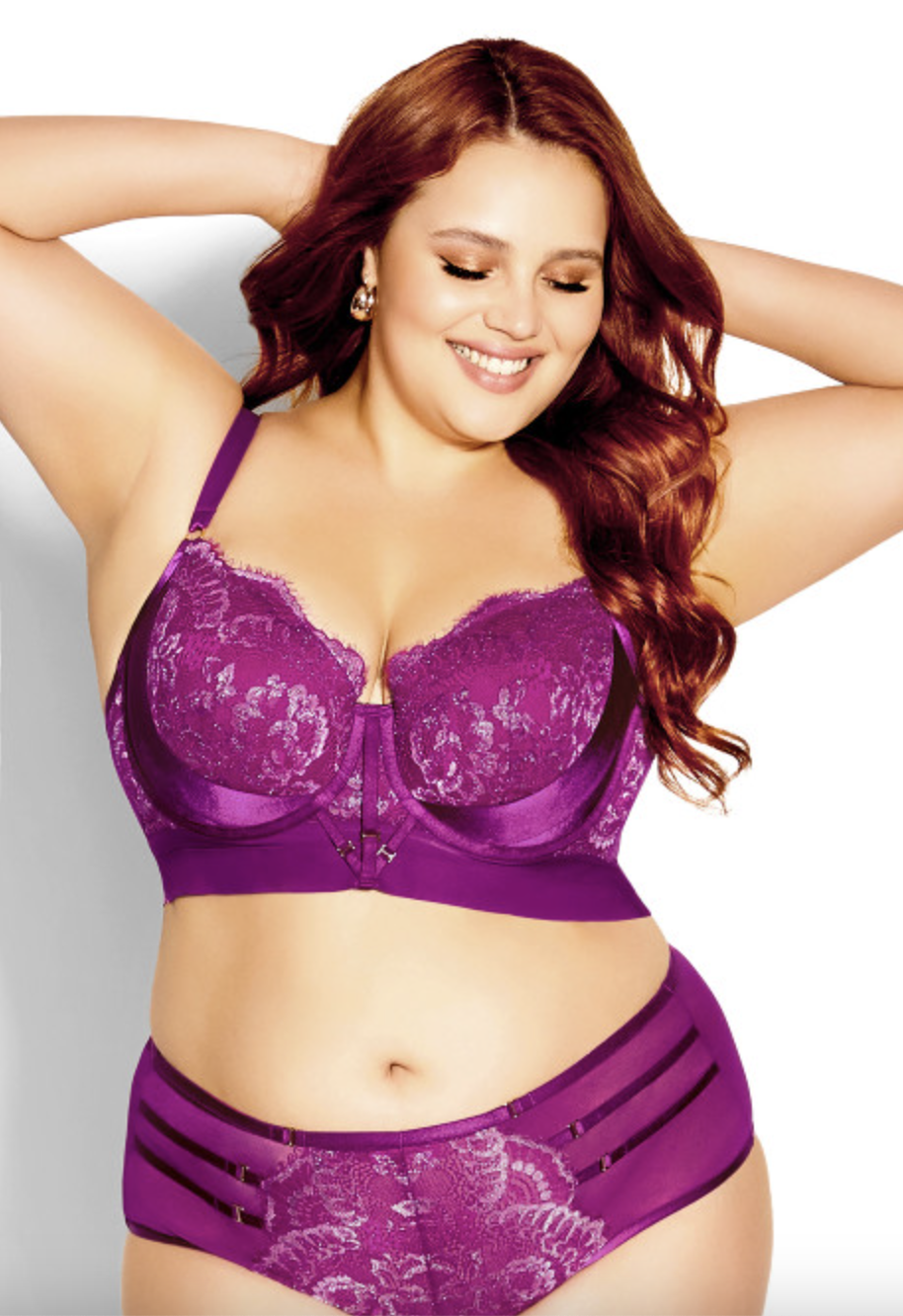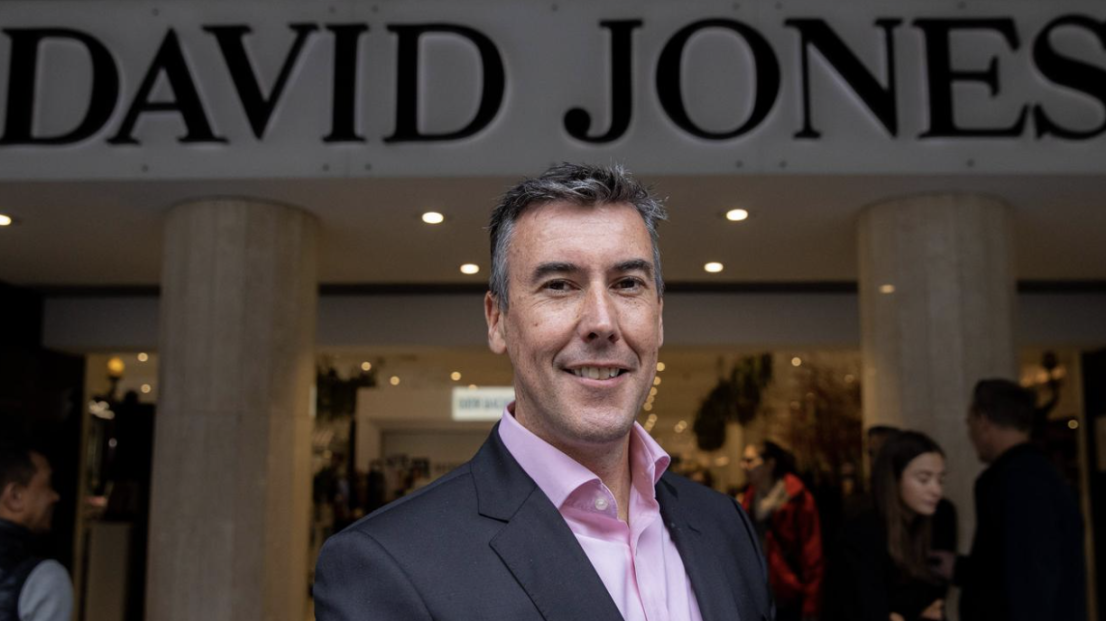
Outgoing Myer chief executive John King has stared down the threat of Solomon Lew marching up the department store’s share register and says it would be “very silly” to recast the company’s strategy “and start again”.
Mr King’s comments came as he outlined a 12.5 per cent rise in sales and jump in profit for the 12 months to July 29, and after Premier Investments, a vehicle controlled by Lew, increased its stake in Myer from 25.8 per cent to almost 29 per cent last month.
Mr Lew, a long-time activist for change at the department store, was widely expected to push for a second seat on the Myer board. On Thursday, however, a Premier spokeswoman said that the company had not nominated a director for the upcoming annual meeting on November 9.
At the same time, the billionaire has engaged UBS to work through a potential restructure of Premier, which could include splitting off its popular Smiggle and Peter Alexander brands. The restructure, and Premier’s growing stake in Myer, has led to heightened speculation that the businessman wants to bring the department store into the group and link it with its heritage fashion brands such as Jay Jays and Dotti.
Premier non-executive director Terry McCartney already sits on Myer’s board. In 2017, Mr Lew failed in his attempt to appoint Mr McCartney, former UBS banker Tim Antonie and former Federation Centres chief executive Steven Sewell to the Myer board.
On Thursday, Myer said it had met its full-year guidance for sales growth of 12.5 per cent to $3.36 billion, and comparable sales – which excludes periods when stores are closed for refurbishments – improved by 3.3 per cent. But earnings were flat at $400.5 million. Net profit before restructuring, site exit costs and impairments was up 18.2 per cent to $71.1 million, the best bottom line since 2015. Statutory net profit reached $60.4 million, up 23.3 per cent.
Sales were down 1.9 per cent in the first six weeks of the new year, while CBD stores remained in positive territory – up 2 per cent – Myer said.
Myer will pay a final dividend of 1¢ a share, down from 2.5¢, on November 16. Annual dividends were 9¢ a share.
Cultural differences
Asked if Australia had room for two department store chains – Myer and David Jones – Mr King told The Australian Financial Review: “It depends on the size of the space and how they operate. You know, we’re fine. We’re probably stronger than they [David Jones] are at the moment. We’re just focused on our game. It’s very different to theirs.”
Mr King added Premier was a supportive shareholder and Myer’s strategy, known as the customer first plan, was successful.
“It would be very silly if someone would come in and rip that out and try and start again. It’s embedded in the culture of the company,” he said.
In an investor call, businessman Michael Saba expressed concern over any changes in culture and staff under new ownership.
“Just want to thank you and the whole team for achieving awesomeness. We think you have provided some of the greatest stability in Myer’s history,” said Mr Saba, the founder of Swisse Vitamins. “What will make us ensure that our good friend Solomon Lew’s culture will not override what has been achieved, and what has been proven and tested since you’ve taken the helm?”
Mr Saba, who was against Mr McCartney joining the Myer board last year, said he appreciated Premier, but did not “necessarily agree with every aspect of the way they live”.
Mr King told investors that the company’s turnaround program – which involved reducing store sizes, store closures and cutting brands – had yielded significant improvements to the business over the past five years, and he was leaving Myer in good shape, with $120 million of cash.
Mr King is banking on the growing base of younger shoppers joining its Myer One loyalty scheme, and said he was confident introducing brands owned by The Country Road Group would drive sales this year to offset the consumer slowdown. Myer One added 120,000 members in 2023, up 21 per cent. It has 7.3 million digital members, including 4.2 million active members, meaning those who purchased in the past 12 months.
Mr King said a younger demographic was engaging with the Myer One program, and partnership programs with Virgin and Commonwealth Bank were another opportunity to improve loyalty.
But the company was unable to replicate its solid start to the 2023 financial year, as sales in the second half ground to a halt. Mr King said Myer would not chase unprofitable sales. “We will always protect the bottom line. We think that with the CBD stores there is an opportunity where there are more tourists. There’s a lot of people getting back into travelling again.”
Mr King said consumers started significantly pulling back on spending in the June quarter, but Myer’s range meant it was well-placed to meet any budget.
Myer is also beefing up security in store and using more technology to battle higher theft rates, which rose to 1.8 per cent of sales from 1.3 per cent a year ago. This equates to a further $16 million in lost stock, taking shrinkage to $47 million for the year. “It’s definitely way worse than it was before COVID,” Mr King said about theft. “We’re starting to see some improvement.”
The department store has hired Egon Zehnder to find a successor for Mr King, who plans to leave next year. A search for a new chief financial officer is also under way after Nigel Chadwick flagged his departure early next year.


